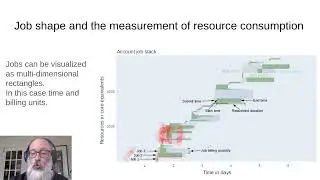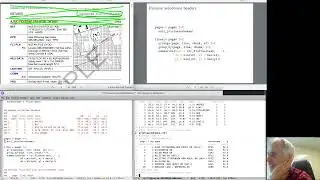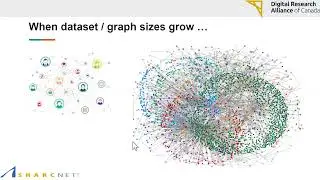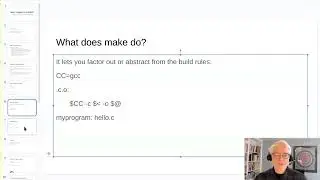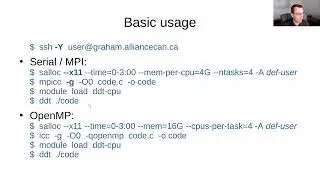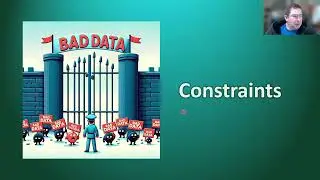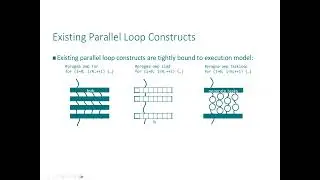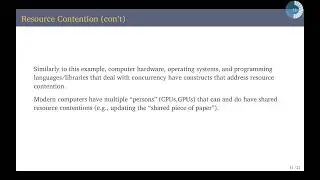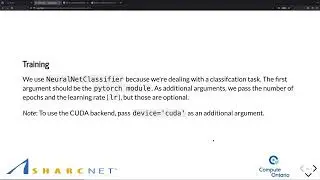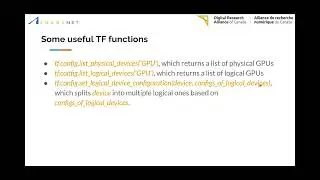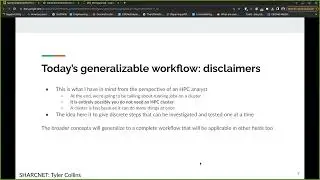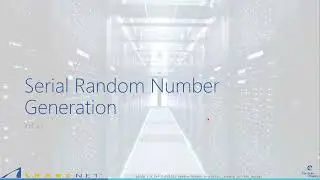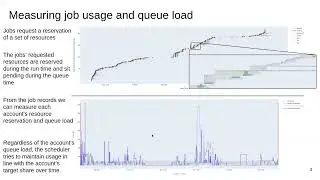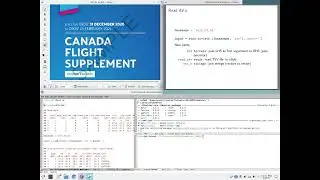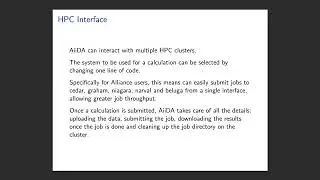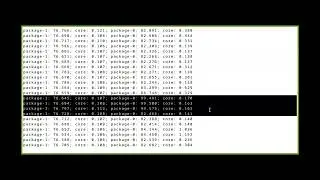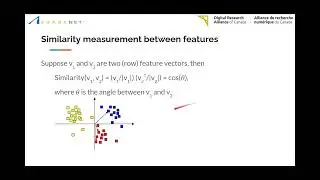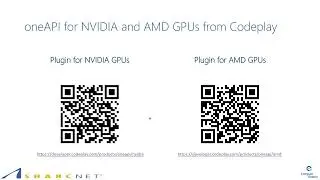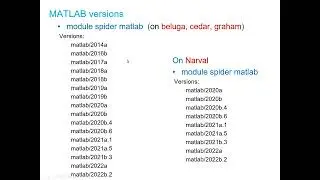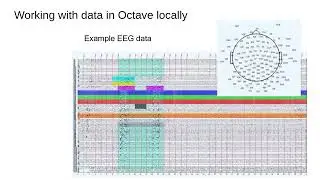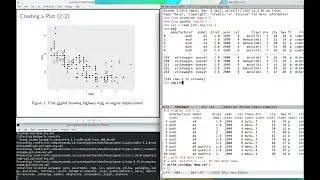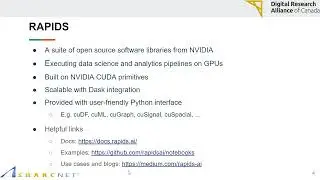Generalized End to End Python and Neuroscience Workflows on a Compute Cluster
Often, researchers are given the seemingly impossible task of taking a piece of code that they did not develop and generalizing it to run in an HPC environment. This can provide a significant roadblock for researchers whose fields do not often teach skills such as parallel programming, or even terminal use. Through the lens of Python and Neuroscience this talk will provide a step by step guide on how to build the skills necessary to both understand and create workflows. While Neuroscience will be used as an example, many of the concepts will generalize to other fields due to the widespread nature of Python. Particular attention will be paid to what training materials exist, what technologies can be leveraged, and who should be contacted when roadblocks arise. Beginner level skills with Python and Git will be assumed.
_______________________________________________
This webinar was presented by Tyler Collins (SHARCNET) on November 1st, 2023, as a part of a series of weekly Compute Ontario Colloquia. The webinar was hosted by SHARCNET. The colloquia cover different advanced research computing (ARC) and high performance computing (HPC) topics, are approximately 45 minutes in length, and are delivered by experts in the relevant fields. Further details can be found on this web page: https://www.computeontario.ca/trainin... . Recordings, slides, and other materials can be found here: https://helpwiki.sharcnet.ca/wiki/Onl...
SHARCNET is a consortium of 19 Canadian academic institutions who share a network of high performance computers (http://www.sharcnet.ca). SHARCNET is a part of Compute Ontario (http://computeontario.ca/) and Digital Research Alliance of Canada (https://alliancecan.ca).








